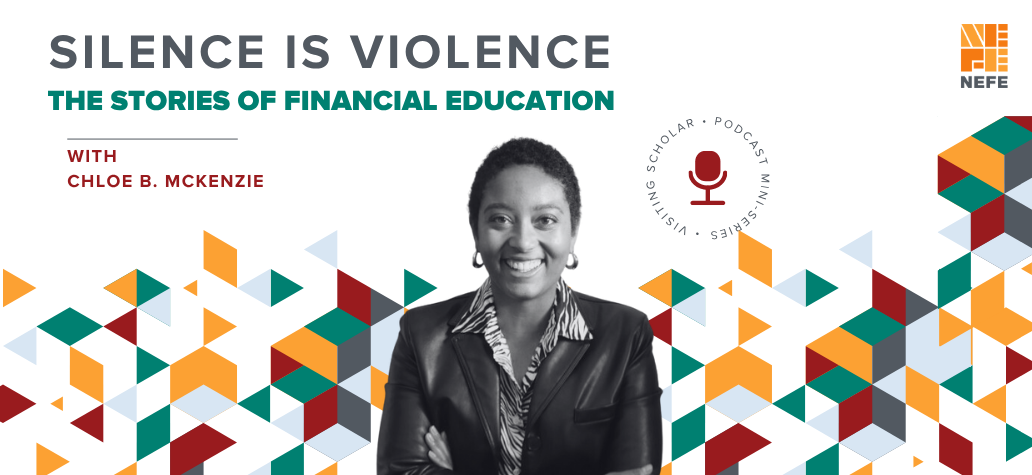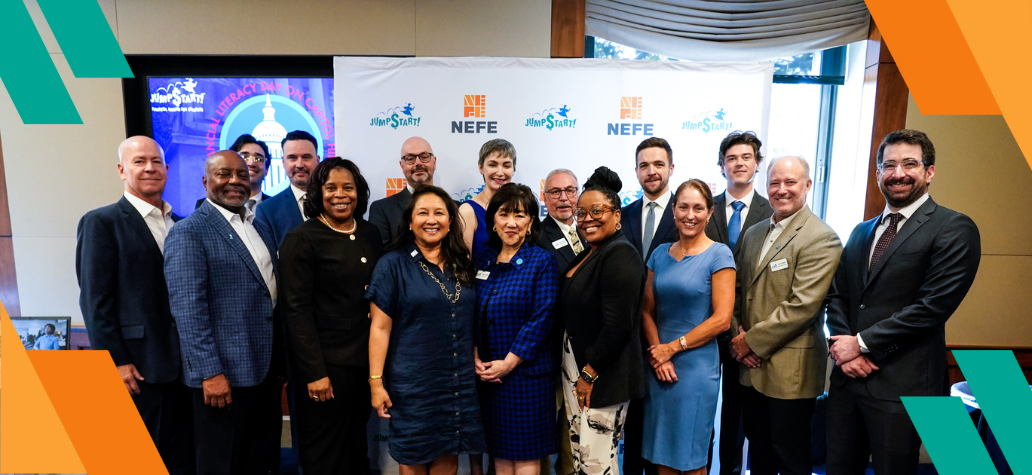DENVER—Consumer trust continues to be an ongoing conversation throughout the financial services industry, especially since the well-publicized collapses and failures of banks worldwide thus far in 2023. Continued research and analysis by the National Endowment for Financial Education® (NEFE®) determine whether awareness of these collapses and failures has impacted trust of the sector in the areas of confidence, faith, ethics and professionalism. General results indicate that those aware of the bank crises were more likely to have a stance on these trust areas, but not necessarily a negative stance.
“Financial institutions working to earn and maintain consumer trust can potentially lose that trust simply due to the actions of others within the financial services sector. Through our polling, we want to determine how the public is reacting to this new information about the banking landscape,” says Beth Bean, Ph.D., senior vice president of Research and Impact at NEFE. “Our research and analysis on consumer trust throughout the first half of 2023 can help decision-makers and stakeholders in the industry determine if their strategies for educating and engaging are working to keep the trust of current and potential customers.”
NEFE, in conjunction with AmeriSpeak, polled U.S. adults about trust in the financial system, its institutions and those institutions’ employees. This was followed by a question on whether they were aware of one or more of the bank failures, such as the collapse of Silicon Valley Bank, the 16th largest bank in the United States and Credit Suisse, the second largest bank in Switzerland. The responses helped to gain insight into whether knowledge—either through direct impact or just learning details—led to differing views of the industry.
Key outcomes of the polling were:
- Those aware of the banking crises were more likely to have an opinion on having confidence in existing policies and regulations of financial institutions compared to those who were unaware. Nearly half (44%) who were aware had confidence compared to 34% who were unaware. Those who were aware were also more likely to disagree (34% vs. 26%) but were less likely to “neither agree nor disagree” (20% vs. 37%).
- Respondents who were aware of the banking crises were more likely to have faith and confidence in the financial system (43% vs. 27%) and were slightly more likely to have lost faith and confidence in the financial system (38% vs. 36%) than those who were unaware.
- Respondents who “neither agreed nor disagreed” on whether they trust financial institutions to act honestly and ethically differed greatly based on being aware or unaware of the banking crises (aware: 17%; unaware: 37%).
- Four out of 10 respondents who were aware of the banking crises trusted financial institutions to ensure their employees were well trained and professional, as opposed to 32% for those who were unaware. The percentage who “neither agreed nor disagreed” was 22% for those who were aware and 32% for those unaware, while the gap between those who disagreed was closer (aware: 36%; unaware: 32%).
A breakdown of key demographic data from the poll includes:
- Those with a high school degree or less were more likely to have confidence that existing policies and regulations protect customers of financial services institutions if they were aware of the banking crises than if they were unaware (46% vs. 30%). In contrast, adults with some college or above were less likely to agree with the statement if they were aware compared to unaware (30% vs. 39%).
- There was no difference between males and females who were aware of the banking crises and had faith and confidence in the financial system (both at 43%). However, there was a stark difference between those who were unaware, with males being much less likely to have faith and confidence in the financial system than females (18% vs. 31%).
- When disaggregated by race, most respondents were more likely to trust financial institutions to act honestly and ethically if they were aware of the bank crises (white respondents: 52% vs. 38%; Black respondents: 33% vs. 29%; Hispanic respondents: 46% vs. 17%). However, those who identified as “two or more races” were less likely to trust financial institutions to act honestly and ethically if they were aware of the bank crises (50% vs. 77%).
- Adults with a high school diploma or less were more likely to trust all financial institutions to ensure that their employees are well trained and professional if they were aware of the bank crises (43% vs. 21%), while those with some college or above were less likely to agree if they were aware (39% vs. 49%).
This poll continues NEFE’s research into consumer trust in financial institutions. In April, as part of Financial Capability Month, NEFE shared polling of U.S. adults on their opinions of financial institutions before and after the bank crises occurred.
For more on this survey, visit the Consumer Poll section of the NEFE website.
Full Methodology
This nationally representative sample included 1,002 adults aged 18 and older. Funded and operated by the National Opinion Research Center (NORC) at the University of Chicago, AmeriSpeak® is a probability-based panel designed to be representative of the U.S. household population. These sampled households are contacted by U.S. mail, telephone and field interviewers (face-to-face). The panel provides sample coverage of approximately 97% of the U.S. household population. While most AmeriSpeak households participate in surveys by web, non-internet households can participate in AmeriSpeak surveys by telephone. Households without conventional internet access but having web access via smartphones are allowed to participate in AmeriSpeak surveys by web.



